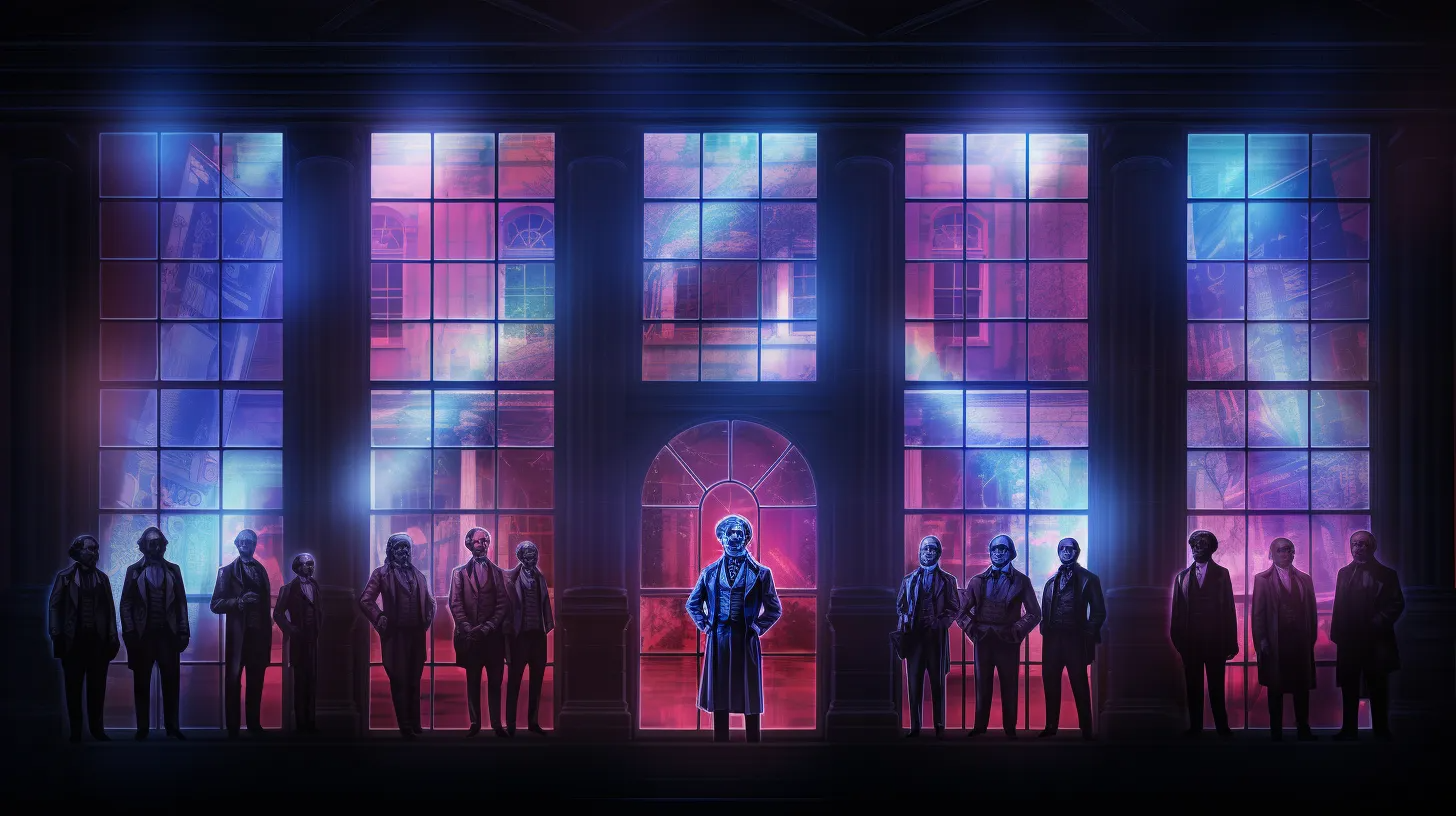Two cluster of events in 2024, so far, have changed my mind about the nature of the entrepreneurial firm: The post I shared in March, 2024 titled Honesty, Error, Deception, Fraud was a direct response a part of what I experienced in January. It represented the most coherent summary of what I thought I saw and heard. The post in May, Non-fictional intent in fictional contexts was a follow-on about belief, make-believe, deception, and self-deception. July’s post on The nature of secrets – a secret having a component of deception and often a non-fictional intent was in part a response to re-reading prior material with new eyes. The nature of belief, self-belief, self-object-belief, deception, self-deception, make-belief, belief-speaking, delusion, performance, performance[…]
Category: Business
Imagine what your life would have been like if you were born in 1880. How much would your life have changed? Candles and gaslight were expensive, so you grew up in the dark. You weren’t born into a house with running water. By 1920, chances are good you had enough electricity to run an electric light so you could at least read for a few hours. You probably bought a radio around 1922. The radio would have changed a lot of things because you didn’t need to go a physical theatre and suffer those indignities. Imagine how great life would have been by 1924. You could go to a physical theatre and take in a few newsreels and a silent[…]
Feedback is how we make sense of environments, and a key input into what we classify as relevant or not [1]. So what happens when the environment doesn’t respond? It would probably have all sorts of absolutely strange, wild, incredible effects, wouldn’t it? For Example If after pitching a Venture Capitalist (VC), they don’t reach out the next day, then it’s a no for right now. It’s a pass. It doesn’t necessarily mean no forever. It could. It might. You don’t know. But it’s a no for right now. The silence is the feedback. The absence of signal is the signal. Why is it that way? Many VC’s exhibit behaviour that is consistent with rational calculations. (That doesn’t mean they’re[…]
Aren’t secrets interesting? A re-read of Thiel and Masters (2014) “From One To Zero” prompts this post. It was a dark read my first time through. It was a little brighter on the second. On third reading, I noticed a yellow fibre weaving through the tapestry. Come along as we tug on that single, beautiful thread. A secret has several quality attributes: And all the degrees in between. Let’s have some fun. Information or Not Claude Shannon (1948) defined information as a set of possible messages, he wrote: “The word communication will be used in a very broad sense to include all of the procedures by which one mind may affect another.” Let’s overthink that. He was an important contributor[…]
The activity of perspective coordination is unreasonably effective at producing fantastic outcomes. In addition to creating legitimacy, it can offer a wider array of choices from which to select. The more diverse and courageous the set of people engaged, the wider array of choices. There’s a processing cost though. So, I’d like to believe that recent advancements in the processing power underlining artificial decision making can assist in helping people coordinate their perspectives faster and more completely. There’s a kind of brutal paradox embedded in all of this. It’ll take a bit of unpacking. Back in 2020, in The Humanity of Productive Meetings, I used an objective-based segmentation to explain the frustration each felt when experiencing ORID facilitation. Briefly: some[…]
How often are you asked to suspend disbelief as the price of admission? When should you? There are quite a few such contexts. Satire is my favourite. Plays are a close second. When you attend a play, you suspend disbelief for awhile. You know that the actors up on stage are engaging in a deception. They’re acting like something they’re not. And, for the enjoyment of all those around you, you keep your mouth shut about what’s happening up on stage. It isn’t a dialogue. It’s a one way broadcast. The same goes for sports entertainment: a brilliant category positioning statement if there ever was one. You know that the Macho Man Randy Savage isn’t literally the Macho Man Randy[…]
Graeber & Wengrow (2021) seemed to argue that much of European liberal political philosophy came from North America. The more I look at Locke (1690), the more I’m convinced. It’s on this foundation that I’ll build the first version of an argument for coordinated autonomy. There are a number contemporary tensions we’re experiencing in early 2024. At this time, it’s far from certain if Democracy is going to survive. There’s a lot of mistrust and dissatisfaction with the way systems aggregate and select choices, and how gains are allocated. Yet, the way that institutions that work in places without working democracies appears to drive an optimism in democratic technology as alternative. If you’re growing up in a broken state, you[…]
I’m with John Boyd on this one: the closer to you look at something, the more distinctive the contradictions you’re going to see, all the way down as far as you can squint. In this post, I’ll look at the distinction between honesty, error, deception, and fraud – and will conclude with a heuristic. We don’t experience ground truth. We experience something as a result of data that flows into our skull that is constructed into something approximating an experience. But we don’t ever truly experience a state of ground truth. And this isn’t meant to be some kind of satire about who’s to say what is really true and what is really untrue given how one feels about the[…]
Cultural industries are an ideas business. They sell ideas. The Canadian cultural industry, since just around Confederation, sells the idea of Canada. Is Canada a good idea? Does anybody want to buy it? Is there a market for it? What is? All businesses rely on networks of channels. There’s power in networks. There’s power in distribution networks. The Canadian state, since its inception, invested in networks. There were promises of network connectivity built right into Constitution. It had to then. It has to continue to do so now. There’s just too much physical geography to ignore. And not a lot of that geography it is helpful to the social geography of the country. Look at the place: The rockies run[…]
I want to believe that the current generation of applications powered by Large Language Model (LLM) don’t represent the height of the state of the art for prediction machines and that no single firm will reach 80% market share and go onto dominate the generative era. I want to believe that the future is quite open, and that these early returns we’ve made in applied machine learning can compound. It’s because I want to believe so much that it’s worth questioning the assumptions. What might cause the future to become closed? Does OpenAI scan its API logs for good ideas? In 2023, a surge of founders developed skins for OpenAI’s ChatGPT. Some based their startup on enabling a user to[…]










